The 13 best methods to improve your gut health
Your body contains approximately 40 trillion bacteria, most of which are in your gut.
They are known as your gut microbiome, and they are crucial for overall health.
Certain types of bacteria in your intestines can contribute to many disorders.
But, how to improve your gut health?
Many things, like the foods you eat, can influence your gut’s health, including the bacteria it contains.
Eating a fresh, balanced diet is the method to achieve a healthy stomach.
Table of Contents
What exactly is a healthy gut?
A healthy gut means you have a sound immune system, a better mood, pain-free digestion, and a healthy brain and heart.
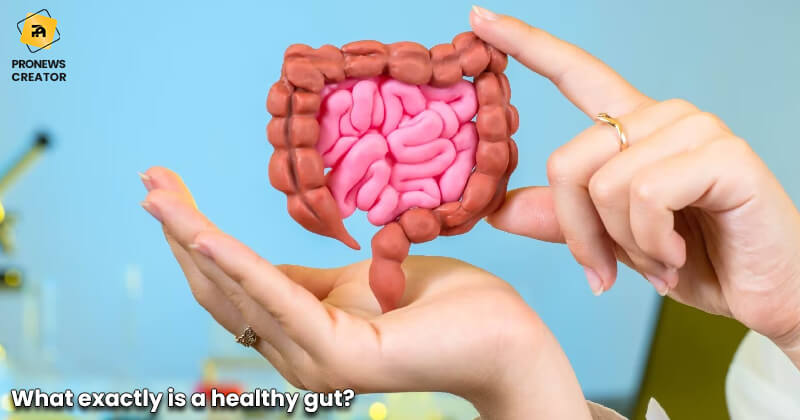
Why Is Gut Health Important?
Your digestive system, also known as your gastrointestinal (GI) system, digests the meals you eat, absorbs nutrients from them, and uses those nutrients to fuel and sustain your body.
“The gut plays a critical part in our bodies’ health and well-being.
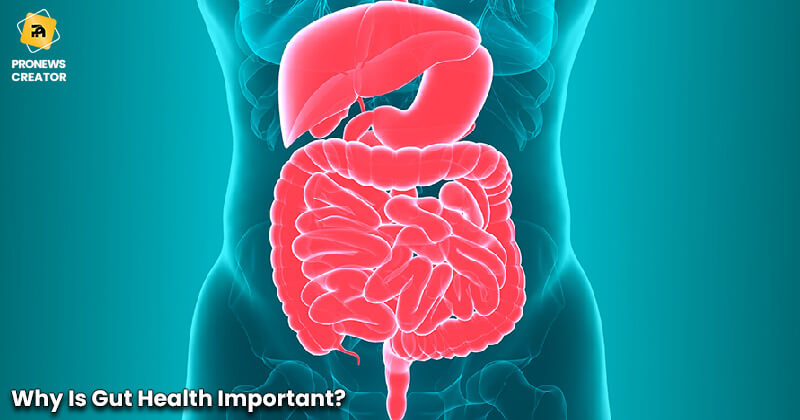
Rundown of the 13 popular tips to improve your gut health
Try these simple techniques to boost your gut health for better digestion and metabolism, decreased inflammation, and a lower chance of chronic disease:
1. Maintain your dental health
Brush and floss your teeth regularly. Regular dental cleanings and check-ups may not appear necessary for a healthy microbiome. Bacteria from your mouth can enter your stomach and cause complications.
Take care of your stomach to keep the bad ones from the good guys.
Take care of your teeth to keep the bad guys from taking over the good guys in your stomach.

2. Regular Exercise
Many aspects of the human body, including the microbiome, benefit from movement. Researchers have discovered that exercise increases the diversity of beneficial bacteria in the stomach in animal and human trials.

3. Select nuts and seeds
Nuts and seeds are high in fibre and polyphenols as well. They also have beneficial lipids like omega-3 fatty acids.
A diet high in omega-3 fatty acids has a relation to more diversified gut microbiota. A diversified gut microbiota is a healthy gut microbiome.
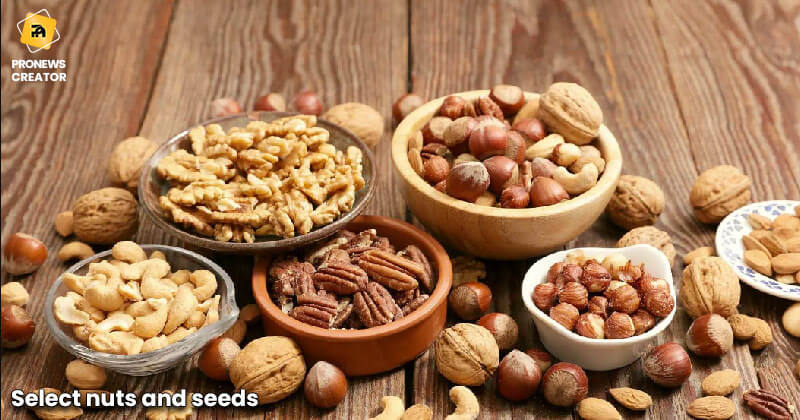
4. Follow a plant-based diet
Animal-based diets encourage the growth of certain types of gut bacteria more than plant-based diets.
Several studies have found that vegetarian diets may boost gut flora due to their high fibre content.
One tiny 2013 study, for example, discovered that a vegetarian diet reduced levels of disease-causing bacteria in obese persons, as well as body weight, inflammation, and cholesterol levels.
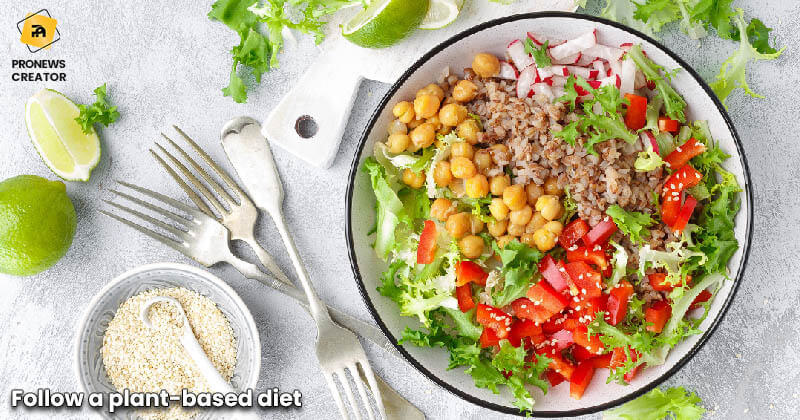
5. Limit your intake of sweets
There is nothing wrong with enjoying a sweet treat now and then. However, animal studies suggest a high-sugar diet may affect your gut microbiota.

6. Lower Stress Levels
Gut health experts frequently mention the “gut-brain connection” and refer to the gut as “the second brain.” We don’t know everything about their relationship, but mental health and gut health are inextricably linked.
Anxiety and depression, according to research, are affected by the gut and vice versa—they can raise the risk of IBS, and persons with IBS are more likely to suffer from these mental health issues.

7. Consume more dark chocolate
It is one of my favourites. Who needs an excuse to consume more chocolate? I do.
Fibre and plant-based chemicals known as polyphenols move into your intestines and act as fuel for microorganisms.
Polyphenol-rich foods, such as dark chocolate, offer anti-inflammatory qualities, lower blood pressure, and cholesterol levels, and reduce cellular stress.
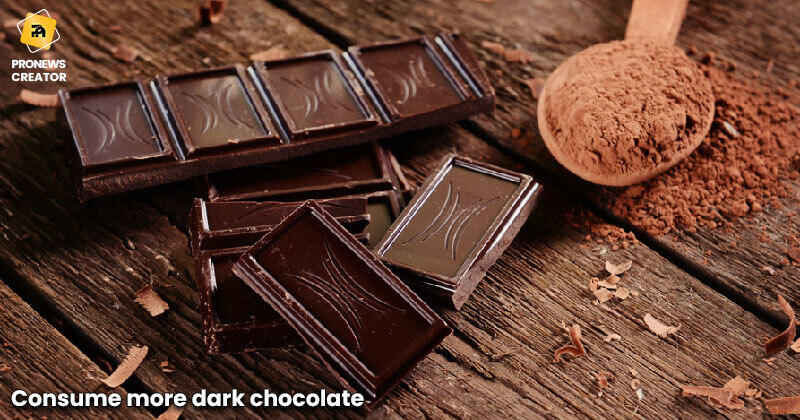
8. Consume fermented foods
Fermented foods have gone through fermentation, a process in which yeast or bacteria break down carbohydrates.
Fermented foods include the following:
| Yoghurt | kimchi |
| sauerkraut | kefir |
| kombucha | tempeh |
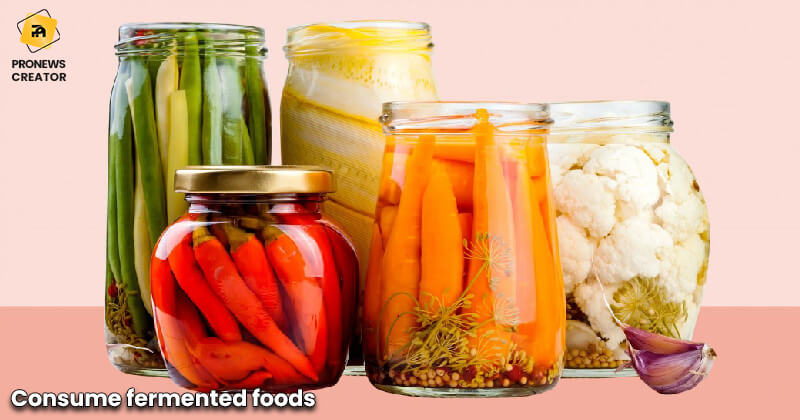
9. Merge the spices
It never hurts to sprinkle on garlic, turmeric, ginger, and other delectable spices. These spices aid in the removal of dangerous germs from your intestines. They will also not harm the beneficial bacteria.
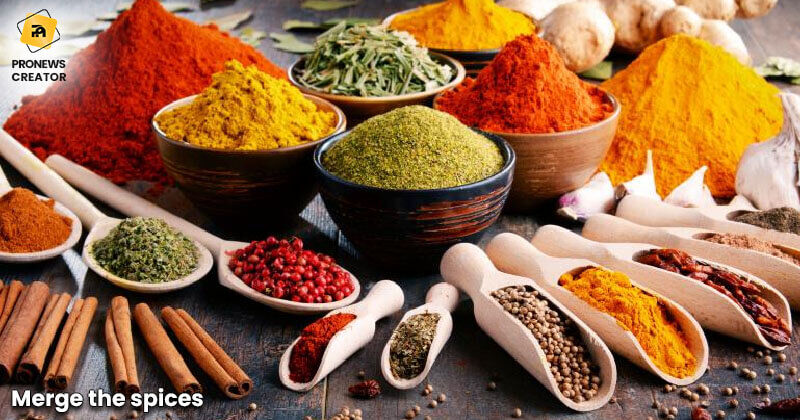
10. Consume whole grains
Whole grains are high in fibre and nondigestible carbohydrates like beta-glucan. These carbohydrates are not absorbed in the small intestine and instead make their way to the large intestine, where they support the growth of good bacteria.
Whole grains may boost the formation of Bifidobacteria, Lactobacilli, and Bacteroidetes in people.
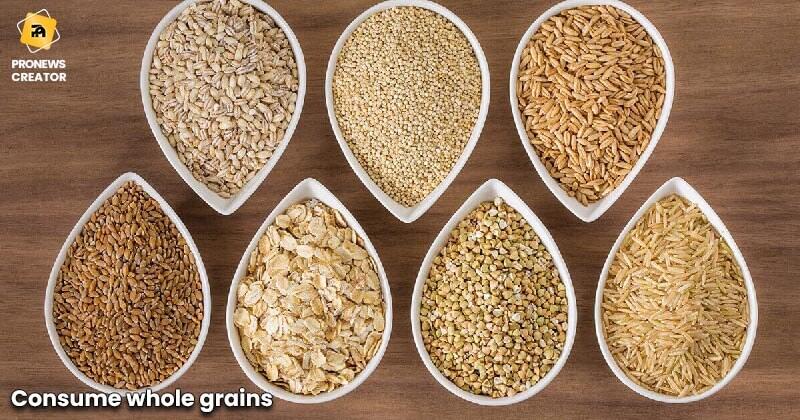
11. Consider fruits and vegetables
The finest sources of nutrients for a healthy microbiome are fruits and vegetables.
They contain a lot of fibre, which your body cannot process. Certain bacteria in your stomach can digest fibre, which promotes their growth.
Beans and legumes have a high fibre content as well.
High-fibre foods excellent for gut bacteria include raspberries, artichokes, green peas, broccoli, chickpeas, lentils, beans, whole grains, bananas, and apples.
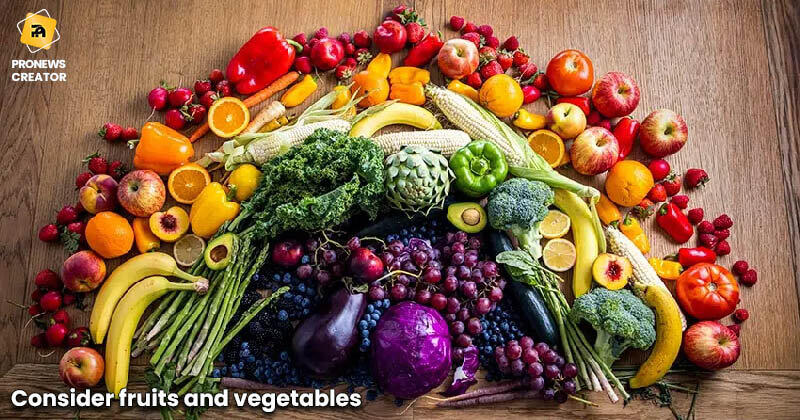
12. Restrict artificial sweeteners
Artificial sweeteners have been shown in animal experiments to impact on the microbiota. When rats were fed aspartame, their blood sugar levels rose. They were unable to use the insulin their bodies produced appropriately.
Another human trial revealed the same increase in blood sugar. You can better artificial sweeteners for intestinal health.
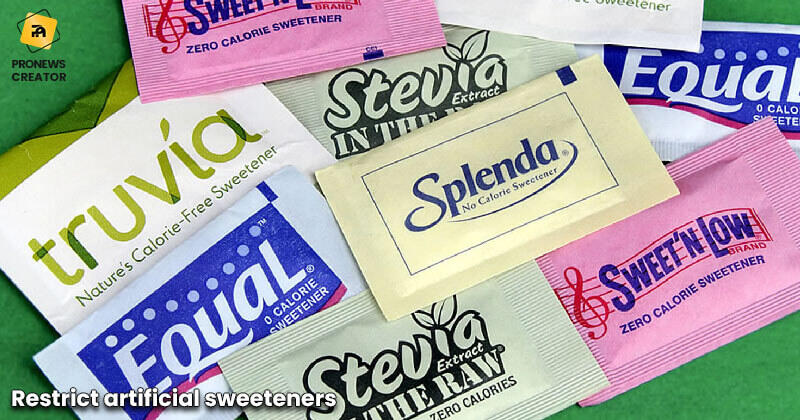
13. Consume prebiotic foods
Prebiotics are foods that encourage the growth of healthy bacteria in the digestive tract.
They are mostly fibres or complex carbohydrates that human cells cannot break down. Instead, specific bacteria in the gut degrade them and use them as fuel.
Prebiotics are in many fruits, vegetables, and whole grains, but can also be on their own.
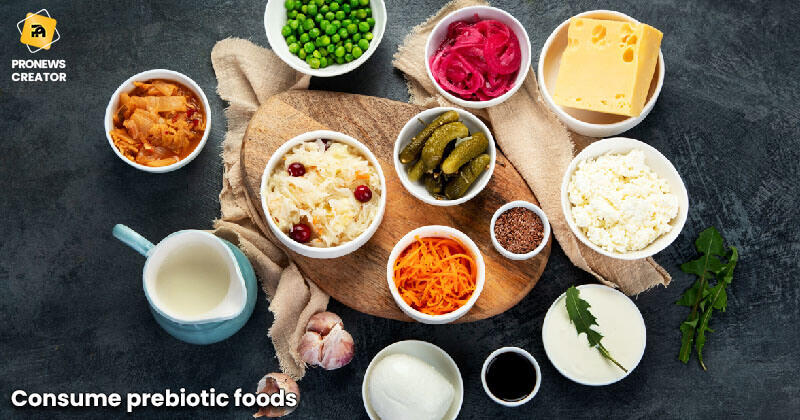
Final words
Your gut flora is crucial to many areas of your health.
Eat a “rainbow” of plant-based foods, ideally around 30 varieties every week, for a happier, healthier gut. A varied diet promotes a diversified microbiota.
Numerous studies have revealed that a disturbed microbiome can result in diverse chronic diseases.
Eating many fresh, whole foods, primarily from plant sources such as fruits, vegetables, legumes, beans, and whole grains, is the method to maintain a healthy microbiome.


